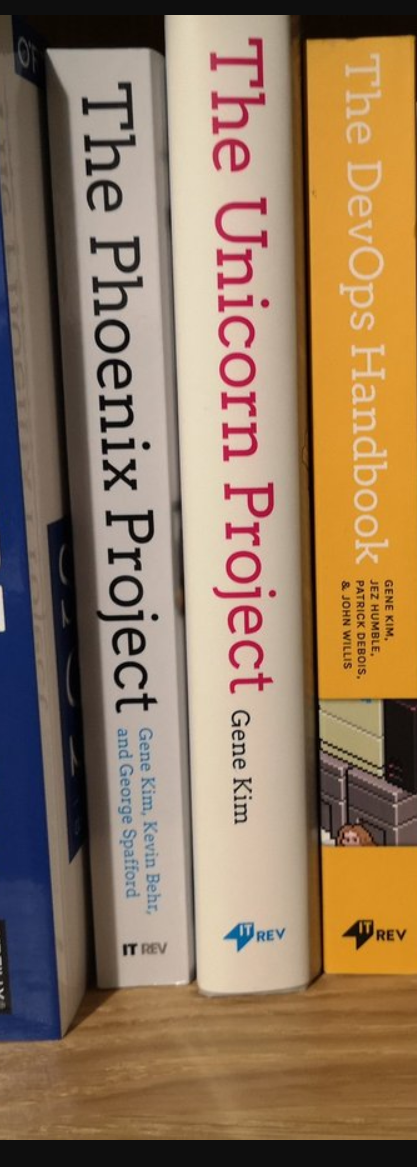Here it is, the most awaited book this year for whoever is even tangentially involved with DevOps…

The book covers the endeavours of Maxine, demoted from her team at Parts Unlimited to the Phoenix Project just after the payroll outage. It is set in the same universe as The Phoenix Project and both books share the same timeline.
The Phoenix Project was about the transformation of an organisation to an engineering factory, being able to free from the shackles of legacy and become a true value mover. With that background in mind, The Unicorn Project goes deeper behind the scenes, looking at the people and the human interactions behind the transformation.
We finally get to know the development teams, and how they work with each other. Brent is no longer ‘just’ the technical SME, but he has got a specific role and personality to fit within the team. It all makes sense at the end of the day, you are going deeper hence you discover more about these key people. And we’ve all been Maxine, at some point…
The biggest takeaway IMHO is about the Five Ideals, a long overdue definition over these key processes we long considered best practices. I am not going to spoil anything from the book so this is my own interpretation, but in short they are:
- Locality and simplicity
- Focus, flow and joy
- Improvement of daily work
- Psychological safety
- Customer focus
They can only be enabled by the Three Ways described in the previous book. And thinking about it, it makes total sense as you need an organisational driver for change before being able to put them into practice.
There are all sorts of situations we’ve experienced in one way or another. From the lack of reliable CI to the outages and the executives’ behaviour, this book is a collection of real people talking about a realistic scenario. it is definitiely a book to get at all costs (together with The Phoenix Project if you haven’t already!), as it will provide a guideline and a blueprint for anyone trying to transform and improve an organisation.
There was one detail I believe spoiled the immersion and the experience: the frequent name-dropping of technologies and companies. It was not there in the Phoenix Project, and I personally didn’t like it because instead of acting as a reminder (I believe that was Gene’s aim) it kinda broke the 4th wall too often. I didn’t mind Parts Unlimited to sit in its parallel universe, without FAANG and references to various pieces of technology.
It’s definitely a minor detail that won’t ruin your enjoyment of the book, but for me it was a noticeable difference from the first one.